Navigating Change & Uncertainty
Strategies for Today’s Leaders

NAVIGATING CHANGE & UNCERTAINTY
Written by Ryan P. Collins, MBA, PHR, SHRM-CP
Apr 10, 2024 | Employee Relations
In today's fast-paced and ever-changing business environment, organizations are constantly facing changes that can be disruptive. From shifting market dynamics and technological advancements to regulatory updates and workforce transformations, these changes can create uncertainty and pose significant challenges. This blog post aims to provide insights and actionable guidance for business leaders and HR professionals on managing change and uncertainty. By understanding the nature of change and adopting effective change management strategies, organizations can navigate through turbulent times with resilience and agility.
Understanding the Impact of Change and Uncertainty
Change and uncertainty have become the norm in the modern business environment. Whether it's a global pandemic, a sudden pivot in business strategy, or a technological disruption, these changes can have far-reaching impacts on an organization. They can affect organizational performance, disrupt business operations, and potentially lower employee morale and engagement. The psychological aspects of change on employees are significant and must not be overlooked. For example, during a merger or acquisition, employees may feel anxious about job security, which could impact their productivity and engagement.
Key Principles of Effective Change Management
Managing change effectively requires adherence to several key principles:
1. Communication
Transparent and continuous communication is integral to managing change. Leaders must communicate the reasons for change, how it aligns with the organization's vision, and what it means for employees.
2. Employee Involvement
Engaging employees in the change process can foster buy-in and reduce resistance. This might involve seeking their input on proposed changes or involving them in the implementation process.
3. Leadership
Leaders play a crucial role as change agents who inspire and motivate their teams. They must demonstrate a positive attitude towards change and be prepared to lead by example.
4. Support Systems
Organizations need to develop support mechanisms to help employees adapt to change. This could include training programs, mentorship initiatives, or resilience-building resources.
Building Organizational Resilience
Organizational resilience is the ability of an organization to absorb shocks, adapt to change, and recover swiftly. It involves fostering a culture of adaptability, encouraging innovation, and promoting psychological safety. Organizations can invest in resilience training and resources to help employees cope with change effectively.
Actionable Strategies for Managing Change
1. Developing a Change Management Plan
Creating a comprehensive change management plan is a crucial starting point. This plan should address key areas such as communication, training, and support.
2. Leveraging Technology
Technology can facilitate change management processes by improving communication, providing training platforms, and enabling real-time feedback.
3. Monitoring and Feedback
Change initiatives should be regularly reviewed to identify areas for improvement. Organizations should establish mechanisms for ongoing feedback and be prepared to make adjustments.
Real-World Examples of Effective Change Management
1. The Coca-Cola Company (NYSE: KO)
Coca-Cola, a global beverage leader, faced significant challenges including changing consumer preferences towards healthier options and increased competition. To address these, Coca-Cola undertook several strategic change initiatives:
Diversification of Product Line: Coca-Cola expanded its product offerings to include low and no-sugar options, juices, teas, and water.
Restructuring of Organizational Structure: In 2007, Coca-Cola implemented a global business unit system to streamline operations and improve efficiency.
Leveraging Technology: The company embraced technology for manufacturing automation, digital marketing strategies, and data analytics to inform decision-making.
Investment in R&D: Significant investments were made in research and development for new products, packaging innovations, and sustainability initiatives.
Key lessons include the importance of clear communication, strong leadership, effective planning, employee involvement, and continuous monitoring and evaluation. Coca-Cola faced challenges such as resistance from employees and the difficulty of changing company culture, but overcame these through comprehensive strategies emphasizing communication, leadership, planning, and evaluation.
2. Netflix, Inc. (NASDAQ: NFLX)
Netflix, known for its streaming services, underwent significant transformations to adapt to the changing technology and market demands. Key changes included:
Subscription Model Introduction: In 1999, Netflix introduced a subscription option for DVD rentals which was a pivotal change.
Online Streaming Service Launch: In 2007, Netflix launched its streaming service, revolutionizing how people viewed content and setting a new standard for the industry.
Netflix's change management process focused on a dedicated team responsible for managing change, assessing risks before implementing changes, and conducting post-change reviews. They successfully managed external (technological advancements, globalization) and internal forces (employee skills, business model costs) by integrating data-driven decision-making and adapting to consumer behavior changes.
Both companies showcased resilience in the face of uncertainty, leveraging technology and innovative strategies to stay ahead. The key takeaways for managing change effectively include the importance of strategic diversification, embracing technology, fostering strong leadership, ensuring clear communication, and engaging stakeholders throughout the change process.
Wrapping Up
Managing change and uncertainty is crucial for organizational success. In today's rapidly evolving business landscape, change is not only inevitable but also an opportunity for growth and innovation. Leaders who embrace change, involve their teams in the change process, and provide the necessary support can steer their organizations towards success. Now is the time for you to start implementing these strategies and turn change from a challenge into an opportunity. Remember, the goal is not to prevent change but to manage it effectively.
We invite you to engage with us further. If you're looking for tailored advice, strategic planning assistance, or more insights into change management, Synergy Consulting Group is here to help. Reach out today to explore how we can support your organization's unique journey through change and uncertainty. Together, let's turn challenges into stepping stones for growth and success.
Click here to schedule your consultation with one of our experts. Let's embrace change, together.
For further reading on change management theories, tools, and techniques, we recommend Managing Change in Organizations: A Practice Guide by the Project Management Institute and Leading Change by John P. Kotter.
For those interested in professional development, the Prosci Change Management Certification Program and the Association of Change Management Professionals offer comprehensive courses and certifications in change management.

Authored by
RYAN P. COLLINS, MBA, PHR, SHRM-CP
Principal, Synergy Consulting Group
With more than 10 years of multi-state executive HR leadership experience, Ryan brings a proven track record of transforming routine people operations into a competitive advantage, boosting bottom lines, and molding high-performance cultures. Throughout his career, Ryan has successfully developed and implemented large-scale HR and people operations plans and strategies for both domestic and international organizations, across several industries with 50-5,000 headcount.
As the Principal Consultant at Synergy Group, Ryan directs, manages, and conducts comprehensive employee relations, internal communications, internal crisis management, and workplace investigations consulting for diverse clients across various industries. Leveraging his strategic insights and extensive HR expertise, Ryan advises on and executes high-impact initiatives that enhance workplace harmony, engagement, and productivity.
Ryan holds a Bachelor’s degree in Business and HR Management from the University at Buffalo and an M.B.A. in International Business and HR Management from Medaille College. He then continued to complete two Post-graduate certificates from Cornell University in Employee Relations and Investigations, and Strategic Human Resources Leadership. Ryan is certified as a Professional in HR Management (PHR) by HRCI and a SHRM-Certified Professional (SHRM-CP) with a Specialty Credential in Workplace Investigations, and is also a Certified EEO Investigator with the United States EEOC.

Ready to Work with Synergy?
Schedule a conversation and receive a complimentary Risk & Needs Assessment.
No obligation, no hard sales pitch.





